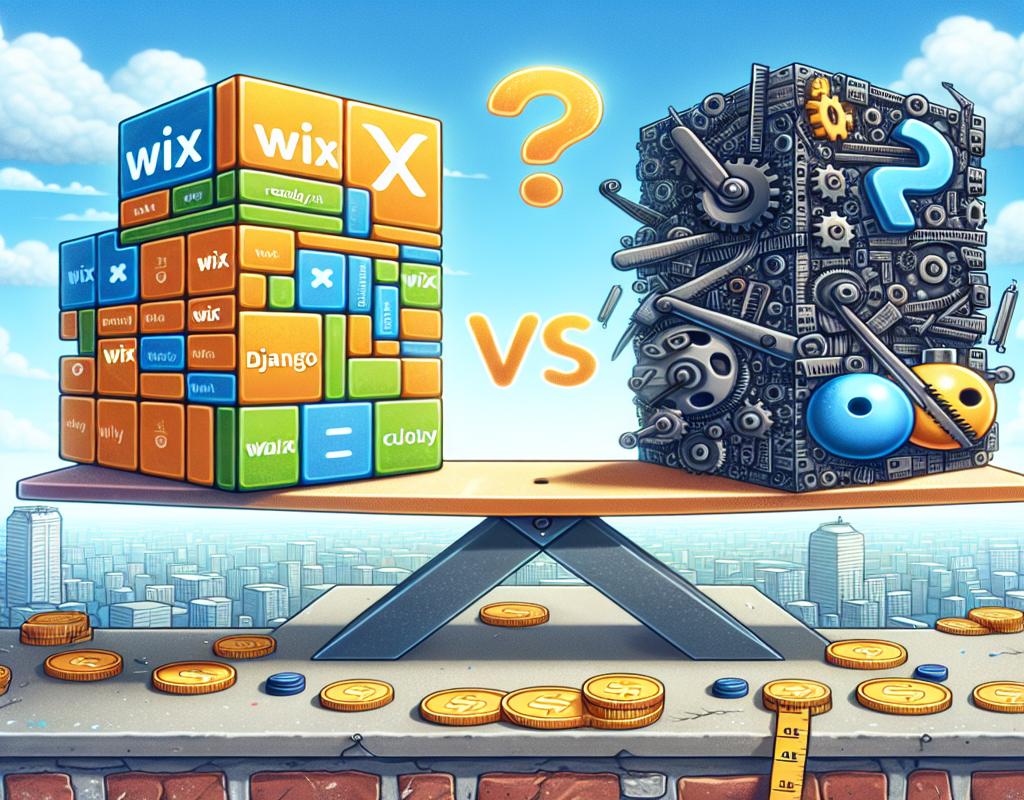
Wix vs. Django for E-Commerce: Which One Makes You More Money?
Customization and Flexibility
Wix offers a wide range of templates and drag-and-drop features that make it easy for users to create a website without any prior coding knowledge. However, this limits the level of customization that can be achieved. On the other hand, Django provides developers with full control over the website's design and functionality, allowing for unlimited customization possibilities. This can be advantageous for e-commerce websites that require specific features and integrations to enhance the user experience and increase sales.
Performance and Speed
The performance of an e-commerce website is essential for providing a seamless shopping experience for customers. Wix websites are hosted on their servers, which can sometimes lead to slower loading times compared to websites built using Django, which can be optimized for better performance. Slow loading times can lead to a high bounce rate and lower conversion rates, ultimately impacting the profitability of an online store.
SEO and Marketing
Search engine optimization (SEO) is crucial for driving organic traffic to an e-commerce website. Wix provides basic SEO tools that can help improve a website's visibility on search engines, but Django allows for more advanced SEO techniques to be implemented, such as custom meta tags, sitemaps, and optimized URLs. Additionally, Django's flexibility enables developers to integrate various marketing tools and analytics to track and analyze customer behavior, which can ultimately lead to more targeted marketing campaigns and increased revenue.
Scalability and Growth
As your online business grows, scalability becomes a critical factor in choosing the right platform. Wix may offer a simpler and more affordable solution for small businesses starting out, but it may lack the scalability needed to handle a larger volume of products and traffic. Django, on the other hand, can be scaled to accommodate growing e-commerce businesses by adding new features, integrating third-party services, and optimizing the website for higher performance.


In conclusion, both Wix and Django have their strengths and weaknesses when it comes to creating e-commerce websites that can make you more money. Wix is a user-friendly option for beginners or small businesses looking to quickly establish an online presence, while Django offers more customization, performance, and scalability for businesses looking to expand and optimize their online stores for higher profitability. Ultimately, the choice between Wix and Django will depend on your specific business needs, budget, and long-term goals for your e-commerce website.


05 Comments